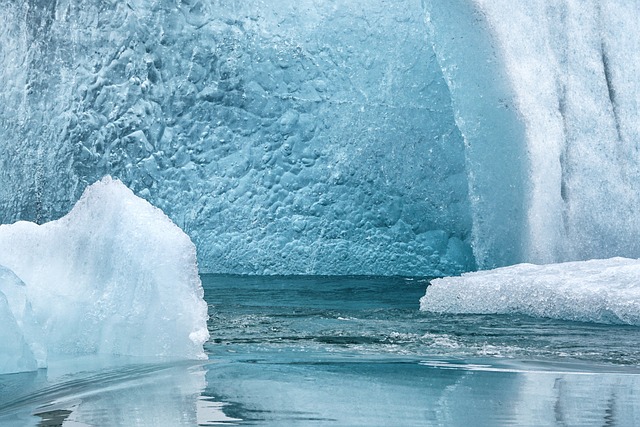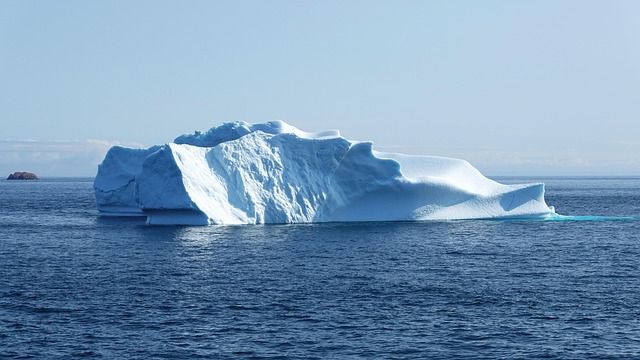The Environmental Impact of Melting Sea Ice: A Climate Change Crisis
As we stand on the precipice of a climate crisis, the sea ice melting serves as a pronounced reminder of the fragility of our planet’s ecosystems. The Arctic, once a frozen expanse, is now showcasing its vulnerability as temperatures soar and ice retreats. This drastic change is more than just a loss of ice; it signals a seismic shift in our environment that demands our attention.
The melting of sea ice affects not just local wildlife but has a ripple effect on global ecosystems. Polar bears and seals depend on thick ice for habitat and hunting. As their natural world diminishes, these majestic creatures struggle to survive, facing starvation and reduced breeding success. The emotional weight of witnessing these animals losing their homes is a call to action that we must not ignore.
Furthermore, the melting ice plays a crucial role in regulating the Earth’s temperature. The reflective properties of ice help in maintaining the planet’s thermal balance. When sea ice melts, it exposes darker ocean waters that absorb more heat, leading to further warming and more ice loss—a relentless cycle we are beginning to understand is linked to our own activities. Each degree of temperature rise intensifies the challenges we face as a society, from extreme weather events to rising sea levels.
Climate change, driven by human actions, is not an abstract concept; it is a reality that is reshaping our world. The visuals of large icebergs breaking apart or vast stretches of white melting into blue have become stark symbols of this crisis. They evoke a visceral reaction, challenging us to confront the consequences of inaction and the urgency of our current situation.
Beyond polar regions, the impact of melting sea ice extends to global weather patterns. As the Arctic warms, it disrupts the jet stream, leading to altered precipitation patterns and extreme weather across continents. From droughts to flooding, the interconnectedness of our climate becomes glaringly obvious. We are witnessing a point of no return, where our collective inaction could condemn future generations to a struggling planet.
In redefining our relationship with the environment, we hold the power to influence the future. Each of us can play a role in combating the consequences of sea ice melting. Simple lifestyle changes, advocating for sustainable policies, and supporting renewable energy sources can collectively pave the way for a more resilient planet.
The urgency to act grows with each passing day, and it is imperative that we all become stewards of the earth. The ice may be melting, but our commitment to preserving the environment can be a beacon of hope in a time of despair. Now is the moment to harness our collective will and take impactful steps towards a sustainable future.




